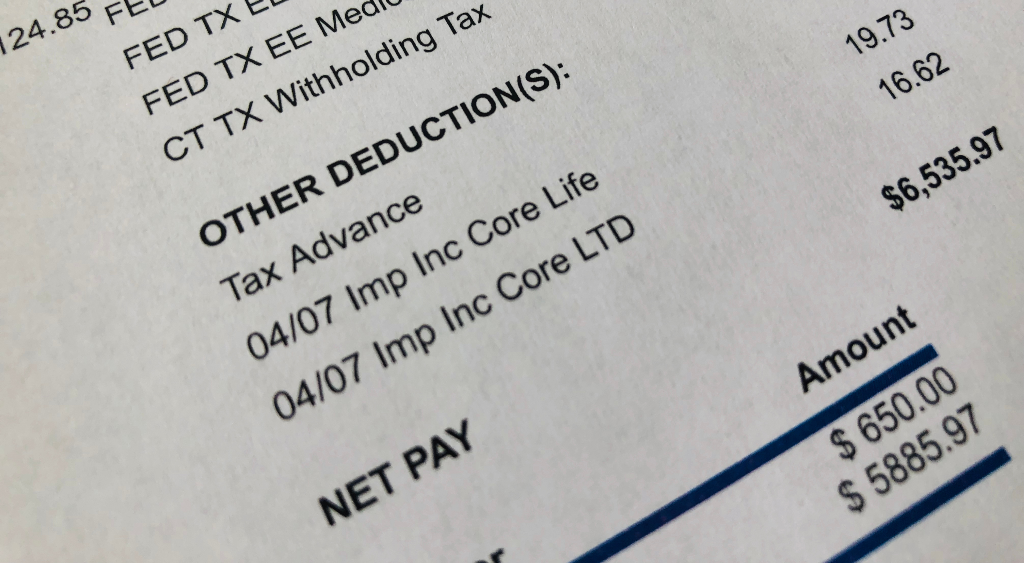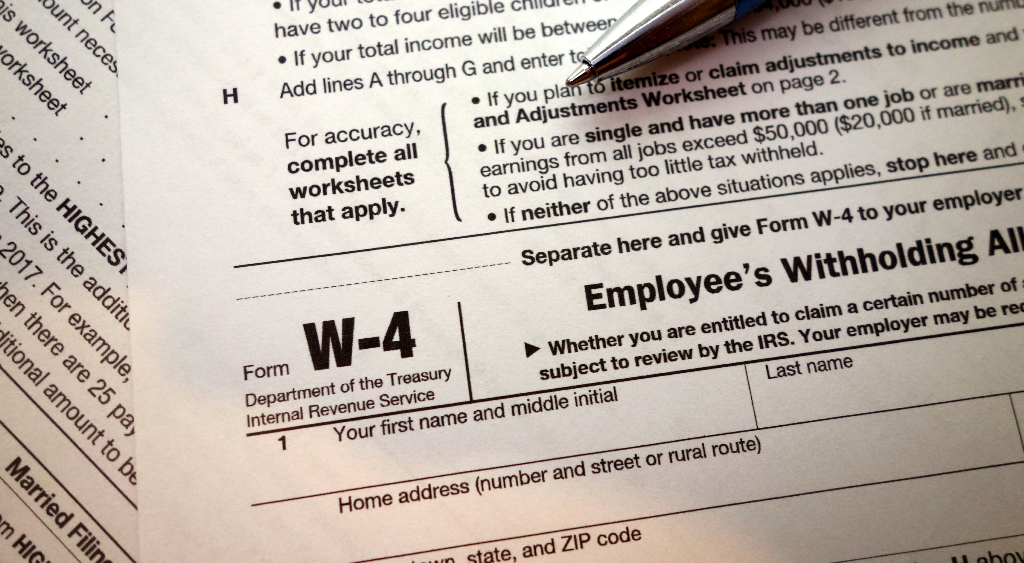Understanding How Paycheck Deductions Work

- When you have a job, your money is often taxed by your employer, the state you live in, and the federal government.
- Financial literacy includes understanding paycheck deductions.
- You will feel more attuned to your money if you know where your money is going and why.
When you look at your paycheck, and you see various deductions regarding social security and state taxes, among other taxes, you may start to wonder where all your money is going. Financial literacy includes understanding paycheck deductions. You will feel more attuned to your money if you know where your money is going and why. Below is a breakdown of the standard deductions you will see on your pay stub.
Different Types of Income
Base pay
Base pay is the amount you get paid for your job, but it excludes overtime hours or bonuses. Base pay is the income amount that is advertised on the job posting website or one that you negotiate with the hiring manager during the hiring process. However, this income amount differs from how much the employee takes home.
Gross income
Gross income is also known as gross pay. It is the amount you have earned before taxes are deducted from your paycheck. The gross income includes base pay, overtime, and other work-compensated benefits.
Net income
Also known as net pay and take-home pay, net income is the money you keep after taxes are taken out of your paycheck. This money has already been taxed, meaning you can use it without worrying about setting aside a portion of it to repay the federal government.

Image Credit: Ryan R Fox / Shutterstock.com
Deductions From Your Paycheck
Federal income taxes
The federal government imposes this tax across the country. They deduct a percentage of funds from your paycheck, which pay for federal programs. Some programs include social security, military costs, benefits for federal retirees/war veterans, and health insurance programs like Medicare.
Recommended Read: How Federal Dollars Are Spent?
Social security taxes
Taxes such as social security and medicare tax are a part of the Federal Insurance Contributions Act (FICA) tax. Generally, your payroll taxes are collected from your job (employer) and you (employee). In the case of social security taxes, the money is taken out of your paycheck and matched by your employer to save for your retirement.
Income tax
The state government imposes income tax on its residents, although it is important to note that not all states have state-level income taxes.
Income tax and federal income tax are not the same. Income taxes typically pay for infrastructure, like building and roads, corrections, assistance to low-income families, state police, parks, and more.
Medicare
Medicare is the United States national federal health insurance program. Employers are required to take Medicare taxes out of their paychecks to contribute to the national program.
If your employer offers a 401(k) retirement plan, and you decide to opt in, then your employee 401(k) contributions will automatically be deducted from your paycheck each pay period.

Image Credit: Jack_the_sparow / Shutterstock.com
Recommended Read: 401(k) vs. IRA | Which One Should I Choose?
Why Employers Deduct Money From Your Paycheck
Employers deduct money from paychecks because a portion of your income goes toward the government. The amount that the employer removes from your income is called income tax withholding. The taxes withheld from your paycheck will be sent to the government alongside your Social Security number. Once the employer sends this information, the amount sent earlier in the year will help cover some of your income taxes.
Recommended Read: Seven Options to Save You Money on Taxes in 2022
A Form W-4 must be filled out by the employer and signed by the employee to get an amount withheld from your paycheck. The employer must keep a copy of this form in the employee’s file to verify their eligibility for income tax withholding. If an employee chooses not to fill out Form W-4, then the employer will continue to withhold but will do it based on the assumption that your filing status is single.

Image Credit: Piotr Swat / Shutterstock.com
Recommended Read: How Payroll Withholding Helps and Affects Your Pay
Consequences of Not Paying Taxes
The IRS takes paying taxes very seriously, and if there is a suspicion that a filer is not being truthful, then it could trigger an audit. During the audit, some legal repercussions could follow if the IRS sees a person underpaid their taxes. To ensure that you do not end up in a position where the IRS negatively views you, talk to a tax professional if you are doing your own taxes because they can help you fix any potential issues before you submit your paperwork to the IRS.
Recommended Read: Most Common Tax Forms
The Money Wrap-Up
Knowing how your paycheck deductions work is essential because if any mistakes were made, you know how to correct them. If your employer accidentally deducts more than they need to, you can let them know, and they can fix the deducted amount. On the other hand, if you do not know how these deductions work, you may run into complications. Therefore, to prevent unnecessary issues, familiarizing yourself with your pay stub is one of the best courses of action.
Main Image Credit: FGC / Shutterstock.com